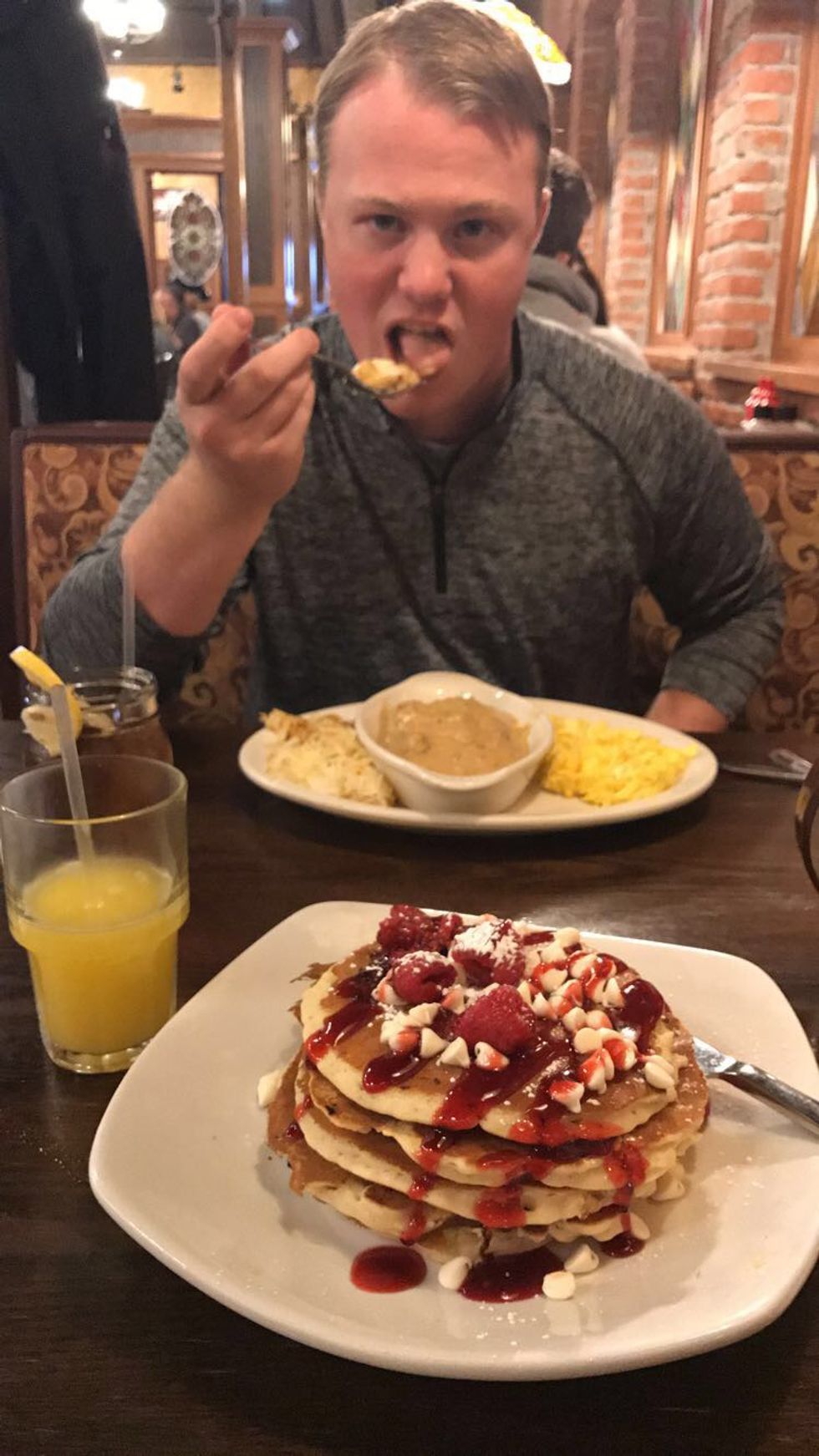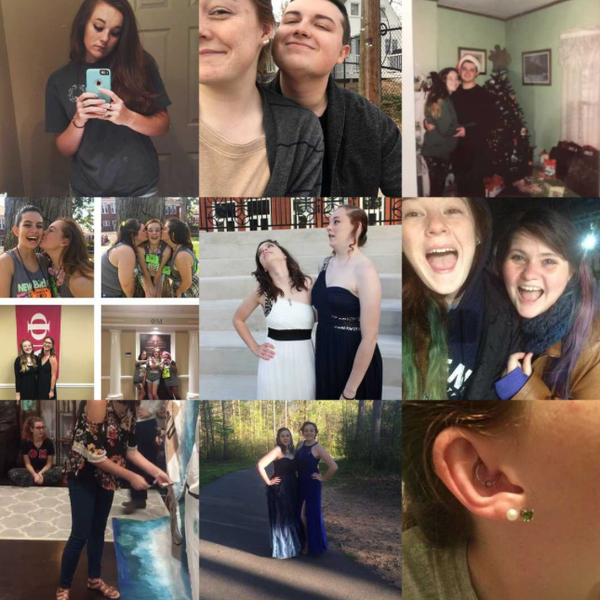By now you all know that I am against dieting. But I'm also known in my friend and professional circles as someone who is quite health conscious.
In our culture, dieting is what you do to be healthy, so people often have a hard time reconciling my anti-diet philosophy with my health and wellness commitment. But the truth is that these two things aren't mutually exclusive. In fact, I don't believe you can have one without the other. You just simply cannot enjoy true, holistic health and wellness (physically, mentally, and emotionally), without an outright rejection of diet culture.
When I say something like that I usually have health and fitness advocates jumping down my throat with their "obesity epidemic" and "sugar is the devil" speeches. So today I want to talk a little bit about what health without dieting looks like.
First of all, dieting is a mentality and a harmful one at that. It is a pervasive mindset and a destructive culture that I am actively fighting against. But that doesn't mean I'm against health.
Esteemed food expert Michael Pollan provides us with a few short guidelines to eating for better health: Eat food, not too much, mostly plants. By this, Pollan means that our diets should mostly focus on real, rather than packaged, foods as well as plant, rather than animal, products. We should also pay attention to our portion sizes.

General guidelines (not strict diets) are helpful when it comes to eating for health. Packaged food generally carries unnecessary sugars and salts, and animal products are heavy in saturated fats and cholesterol. These are things that we know to be unhealthful in large quantities. Additionally, moderation in portion sizes can be a useful tool for maintaining health.
However, these guidelines are not by any means meant to be hard-fast rules. They do not mean you can never have packaged foods or lay an eye on animal products or overeat ice cream when you're sad.
The other day I went out for brunch with my boyfriend (I had been craving pancakes for days). I saw salads and "500 [calorie] and below" options on the menu. I ordered pancakes. Five big pancakes with raspberries baked inside. Five big pancakes adorned with raspberry syrup, white chocolate chips, and powdered sugar.
I cut the stack in half and ate slowly, relishing each delicious bite. I made sure to get a raspberry and a white chocolate chip in nearly every forkful, adding a little maple syrup to the dry pieces because I don't like dry pancakes. I talked and laughed with my boyfriend. And when I was full (almost halfway through), I got a box and packed up the rest to take home for breakfast at a later date.
Were my white chocolate raspberry pancakes the picture of good health? The fitness and diet industries sure wouldn't have you think so. But at that moment they are exactly what good health looked like for me-- socially, mentally, and physically. I tell you this as an example of the flexibility, variability, and individuality you should afford, even under already loose food rules like Pollan's. What's healthy for you won't be the same as what's healthy for someone else. Hell, what's healthy for you today may not be the same as what's healthy for you tomorrow.
Here are a few tips on how to cultivate good health without falling into the dieting trap:
Dieting perpetuates the idea that you have to control your body, but remember that manipulating your instincts does not work long term. Restriction inevitably leads to binging. It's more mentally and physically harmful to restrict than it is to just eat the food you arbitrarily believe you need to stay away from.
Dieting makes you look at food in a fear-based way. Remember that we are meant to feel pleasure when listening to music, holding a baby, eating food, etc. We don't need to pathologize the fact that that happens. Food is meant to be pleasurable, and we aren't supposed to have adverse reactions to normative eating.
Dieting adds a lot of pressure and anxiety on what you eat and what you weigh. When you feel anxious about food choices, remember this: our bodies tolerate a high degree of variability and flexibility. We don't need to watch our food with a microscope or endure all the mental struggles of making exchanges and keeping points and counting nutrition label facts. Every study out there shows that eating what you actually desire, without guilt, is better for your physical and mental health than suffering through diet food you don't like or shaming your food decisions.
Dieting manipulates food into categories of "good" and "bad". But remember that the only way to develop a healthy relationship with food is to truly believe that food is neutral. it can neither be good nor bad. Additionally, "bad" foods are not rewards for some accomplishment or justification for some punishment. You deserve each and every kind of food. All food fits into a healthy diet.
Dieting asks you to prescribe food rules or force yourself to follow a plan about what you can or cannot eat and when you can or cannot eat it. Instead, remember to listen to your instincts rather than what you've been told your entire life. You can trust your body to tell you when you're hungry and when you're full. You can trust your body to tell you what kinds of foods it wants and needs to eat. Despite what the world tries to tell you, you can be trusted around food.
The idea that your body is something that is meant to be controlled or shamed into a certain behavior comes from a broken system. If health is really your goal, then make food and exercise choices from a place of self-care rather than from a place of self-control. Develop a healthy relationship with food and find movement that is joyful to you rather than forcing yourself to perform instrumental or compulsory workouts. Feed yourself in a way that meets your whole needs, even emotional ones.
The only way to change behavior is to have compassion for where you are now. Don't worry about someone taking away your "I care about health" card if you go a whole day without eating vegetables. You need to take the stress off of individual foods in individual meals and be more flexible, with variety in both food and your desires, at any given time. Fear not: the science shows that you can both hit nutrition marks and have flexibility.
Above all, remember to value and prioritize your own experience over any other external voice, including this one.




















